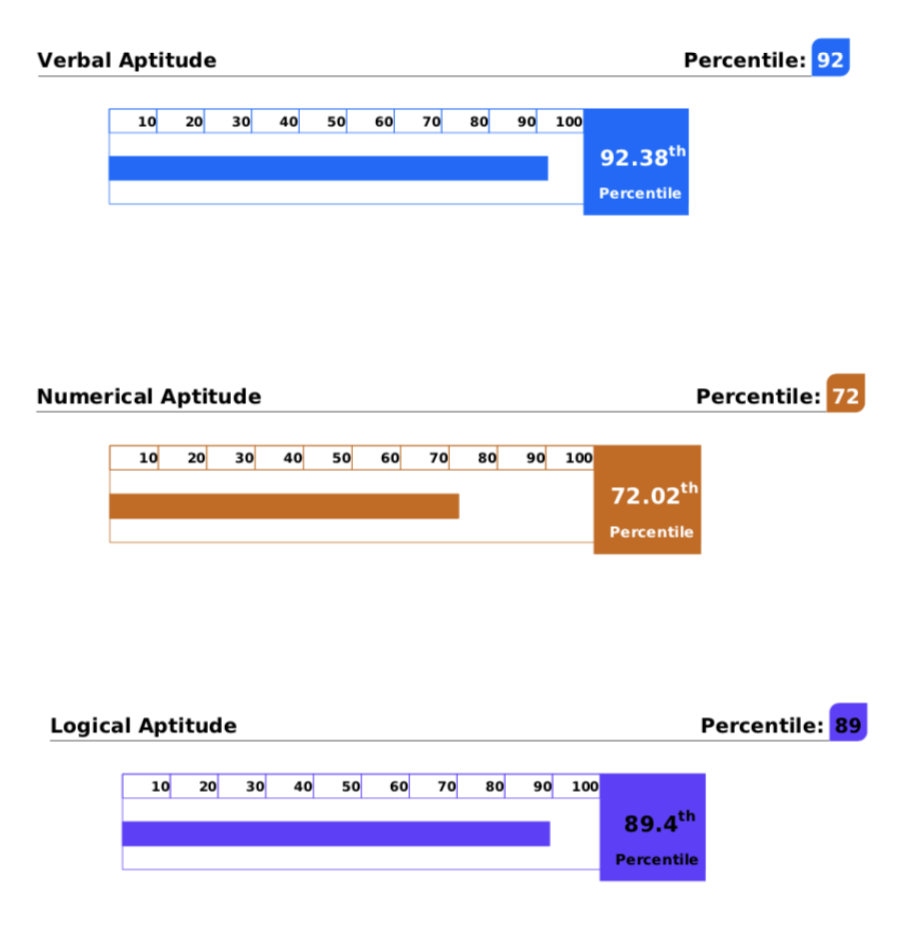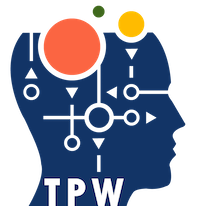
Welcome to our Aptitude Test Battery, a cutting-edge assessment tool meticulously designed to unlock the secrets of cognitive abilities. We understand that each individual possesses a unique set of mental aptitudes, including reasoning, perception, observation, eye-hand coordination, and more. While some of these abilities are easily measured, others present challenges when it comes to accurate assessment. That's where our Aptitude Test Battery comes into play.
Our comprehensive test battery measures three fundamental types of aptitude: Verbal, Numerical, and Abstract (Logical) reasoning. These cognitive dimensions serve as crucial predictors of an individual's performance in academic and professional settings. By delving deep into these domains, our test provides you with a strong indication of your true potential, shedding light on the underlying abilities that drive success.
It is important to note that the Aptitude Test Battery specifically focuses on assessing verbal, numerical, and logical reasoning abilities. While these dimensions encompass a wide range of mental capabilities, we do not evaluate social or emotional intelligence, visualization skills, or spatial abilities. We aim to provide you with a comprehensive assessment of the specific aptitudes that play a significant role in academic and workplace performance.
At the core of our Aptitude Test Battery lies the influential work of Charles Spearman and his two-factor model of intelligence. According to Spearman, individuals possess two types of intelligence: fluid intelligence (G factor) and crystallized intelligence (S factor). Fluid intelligence, largely influenced by genetics, encompasses problem-solving, abstract thinking, and adapting to new situations. On the other hand, crystallized intelligence represents the knowledge and skills acquired through education and experience. It is important to note that our test primarily measures fluid intelligence (G factor), as it focuses less on factual recall and memory-based questions.
Our comprehensive test report provides detailed insights into your performance across the three specific facets of intelligence measured by the Aptitude Test Battery: Verbal Aptitude, Numerical Aptitude, and Logical/Abstract Aptitude. Each section offers specific information about what your scores mean in terms of potential and performance. It is important to remember that your results should be viewed in the context of the purpose and conditions of the test administration. While the scores indicate your abilities, external factors such as fatigue, medication side effects, education level, and training can influence your performance without necessarily reflecting your true potential.
Verbal Aptitude: Our test assesses an individual's ability to comprehend and manipulate concepts expressed through words. It gauges their understanding of abstract ideas and their capacity to identify commonalities among various concepts. Verbal aptitude combines both knowledge and critical thinking ability, providing insights into an individual's linguistic intelligence.
Numerical Aptitude: Numerical aptitude measures an individual's capability to comprehend numerical relationships and work with numerical concepts. It evaluates their proficiency in understanding and utilizing ideas related to numbers. This dimension provides valuable information about an individual's quantitative and analytical reasoning skills.
Abstract (Logical) Aptitude: The test's Abstract Aptitude dimension focuses on non-verbal reasoning skills. It assesses an individual's logical thinking ability and their aptitude for perceiving relationships within abstract figure patterns. This dimension provides valuable insights into an individual's analytical and problem-solving capabilities.
Quick facts about Aptitude Test Battery (ATB)
Psychometric Properties:
Reliability coefficient alpha: from 0.85 to 0.90 (for different scales)
Predictive Validity: from 0.45 to 0.62 (in different validity studies)
